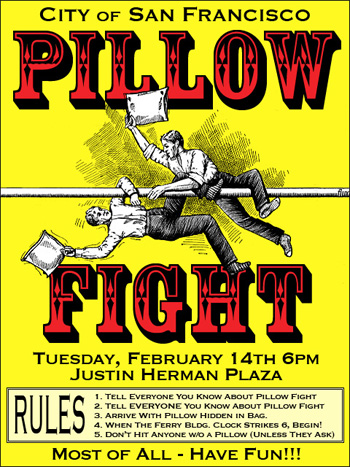OS@M@
New member
KABUL, Afghanistan (AP) -- Profits from Afghanistan's thriving poppy fields are increasingly flowing to Taliban fighters, leading U.S. and NATO officials to conclude that the counterinsurgency mission must now include stepped-up anti-drug efforts.

This year's heroin-producing poppy crop will at least match last year's record haul and could exceed it by up to 20 percent, officials say, meaning more money to fuel the Taliban's violent insurgency.
"It's wrong to say that you can do one thing and not the other," Ronald Neumann, who recently stepped down as U.S. ambassador to Afghanistan, said of the link between anti-drug and anti-terrorism efforts. "You have to deal with both at the same time."
Afghanistan accounts for more than 90 percent of the world's heroin supply, and a significant portion of the profits from the $3.1 billion trade is thought to flow to Taliban fighters, who tax and protect poppy farmers and drug runners.
Drug control has not been part of the official mandate of international forces in Afghanistan. But there is a growing push for NATO's International Security Assistance Force, or ISAF, to play a more active role in sharing intelligence and detecting drug convoys and heroin labs, said Daan Everts, NATO's senior civilian official in Afghanistan.
There is "increasing international interest in seeing a more assertive supportive role in ISAF in the counternarcotics strategy implementation," he said before quickly adding that it would not include eradication.
International forces also might provide support for operations targeting senior drug traffickers, Neumann said.

This year's heroin-producing poppy crop will at least match last year's record haul and could exceed it by up to 20 percent, officials say, meaning more money to fuel the Taliban's violent insurgency.
"It's wrong to say that you can do one thing and not the other," Ronald Neumann, who recently stepped down as U.S. ambassador to Afghanistan, said of the link between anti-drug and anti-terrorism efforts. "You have to deal with both at the same time."
Afghanistan accounts for more than 90 percent of the world's heroin supply, and a significant portion of the profits from the $3.1 billion trade is thought to flow to Taliban fighters, who tax and protect poppy farmers and drug runners.
Drug control has not been part of the official mandate of international forces in Afghanistan. But there is a growing push for NATO's International Security Assistance Force, or ISAF, to play a more active role in sharing intelligence and detecting drug convoys and heroin labs, said Daan Everts, NATO's senior civilian official in Afghanistan.
There is "increasing international interest in seeing a more assertive supportive role in ISAF in the counternarcotics strategy implementation," he said before quickly adding that it would not include eradication.
International forces also might provide support for operations targeting senior drug traffickers, Neumann said.






